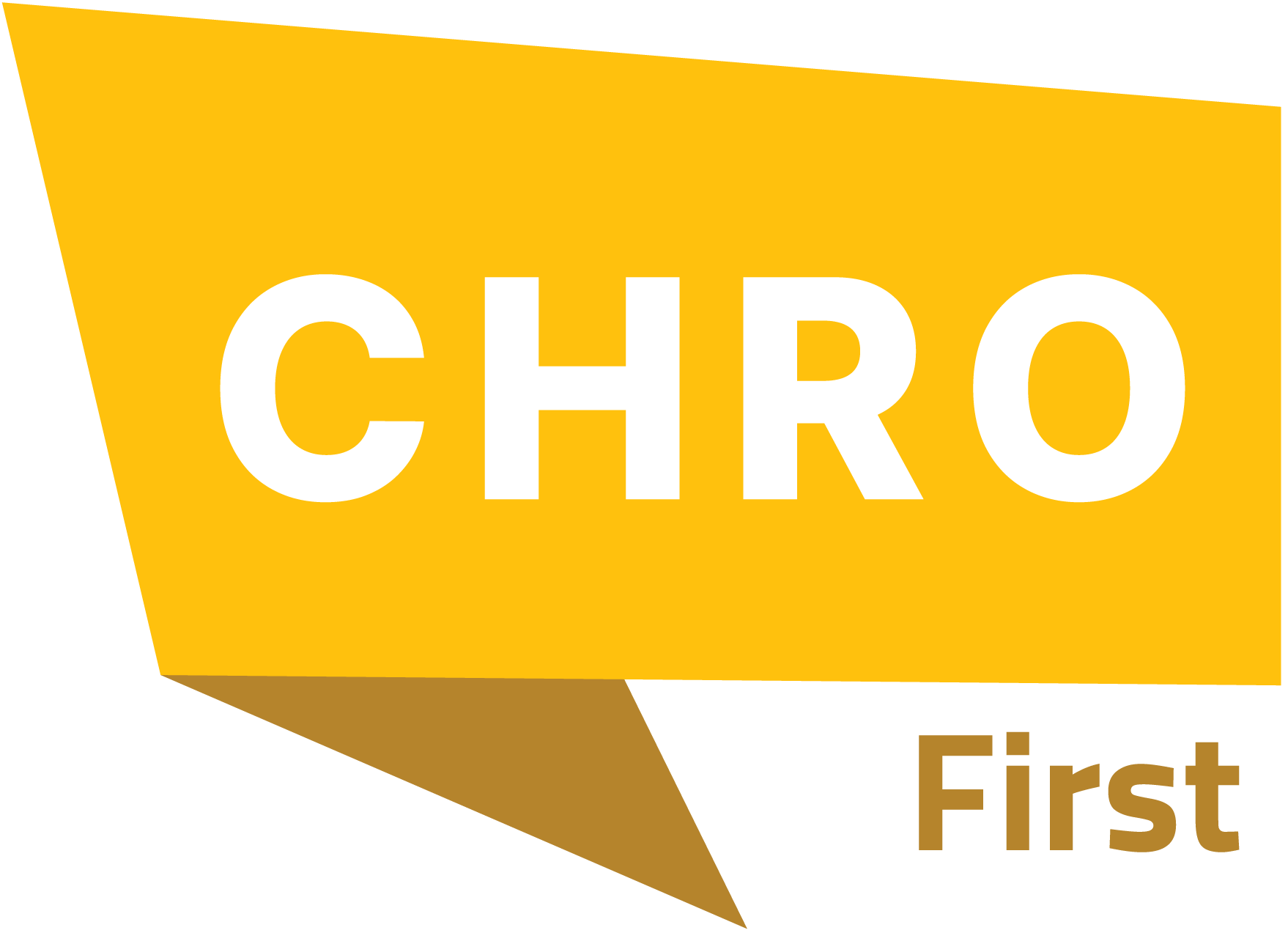The leading talent advisory firm DHR Global released the findings of its 2026 Workforce Trends Report, revealing that as workplaces evolve amid rapid technological change and economic uncertainty, leaders face growing challenges in maintaining engagement and trust across their organizations. The second annual study surveying professionals across North America, Europe, and Asia found that employee engagement has dropped sharply from 88% last year to just 64% this year — while burnout remained stubbornly high at 83%. Shedding light on a workforce seeking balance, clarity, and connection, the report shows employees calling for greater recognition, manageable workloads, and stronger organizational communication.
“Culture, communication, and clarity are the connective tissue of today’s workforce,” said Christine Greybe, President, Leadership Consulting at DHR Global. “Our data shows that employees are eager for direction and purpose from employers, but many don’t feel they’re getting it. Leaders who engage with authenticity, flexibility, and transparency will not only retain top talent but also build the resilient cultures needed to thrive through disruption.”
The data paints a picture of a workforce grappling with change fatigue. Nearly half of employees (48%) cite overwhelming workloads as a top burnout driver, while 40% point to long hours — showing that automation and hybrid work models haven’t eliminated overwork. Only 34% say their organization has clearly communicated how AI will affect their role, leaving many uncertain about their future. The return-to-office divide adds to the strain: just one in three employees fully support their company’s RTO policy, and that number drops to 19% among early-career workers. As these pressures converge, employees are calling for greater trust, transparency, and investment in growth — with 71% naming learning and development as the top driver of engagement.
Also Read: Interact Unveils Agentic-AI Enhancement to Its Employee Experience Platform
“Our findings underscore how essential it is for leaders to evolve alongside their teams,” added Priya Taneja, CEO of DHR Global. “Employees are clearly signaling what they need to stay engaged — growth opportunities, realistic expectations, and leaders who model the values they promote. The organizations that act on this will strengthen both culture and performance.”
Among the report’s other key findings:
- The culture disconnect widens: While 77% of executives say culture is “very important,” only 37% of entry-level employees agree, and just 36% of workers overall feel their culture is clearly defined or drives performance.
- AI brings productivity gains — and new risks: 39% of employees report productivity boosts from AI tools, yet one in five employees have encountered misinformation or errors from AI outputs.
- Professional development remains a retention driver: 71% of employees cite learning and growth opportunities as the top factor driving engagement, surpassing both remote/hybrid work and GenAI tools.
- Tech industry leads in culture and engagement: Despite tech’s above average burnout rates (58%), 78% of tech employees report being highly engaged and nearly half (48%) say their workplace culture is well-defined and actively shapes their experience — suggesting strong, well-defined culture as a differentiator.
As the workplace continues to evolve, DHR Global’s report underscores the importance of leadership grounded in trust, communication, and continuous learning. Company leaders who invest in culture and employee growth are best positioned to sustain engagement and agility in 2026 and beyond.
Source: BusinessWire


